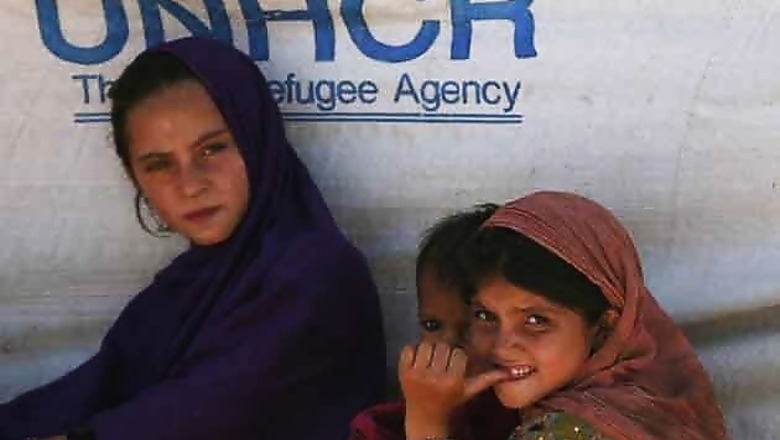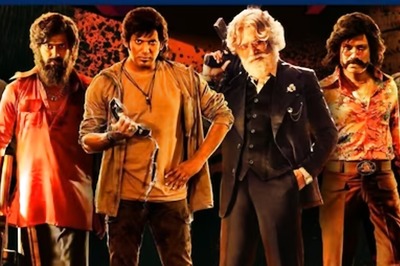
views
Sydney: A High Court has barred Australia from handing back a boat carrying 153 asylum-seekers to Sri Lanka, a day after Canberra returned another vessel to Colombo following a week of secrecy.
The interim injunction from a late-night sitting applies at least until a hearing resumes on Tuesday afternoon, and was granted after lawyers argued the transfer was illegal.
Refugee advocates claim the asylum-seekers have been deprived of the ability to have their claims for refugee status properly assessed, with their screening reportedly being carried out at sea via video link.
Lawyer George Newhouse said on Monday they were "entitled to have their claims for protection processed in accordance with Australian law."
"The asylum-seekers claim that they are fleeing persecution and that they're at risk of death, torture or significant harm by Sri Lankan authorities," he told Australian Associated Press.
There were claims that Australia could be breaking international law in the way it screened the passengers and by returning them involuntarily to a country in which they had a fear of persecution.
After a week of stonewalling, Canberra confirmed on Tuesday that one boatload of 41 Sri Lankans who attempted to reach Australia were handed back to Colombo on Sunday.
Under its policy of not commenting on "operational matters", Canberra has yet to confirm whether the second vessel, carrying 153 people, even exists.
Sri Lankan police confirmed that the adults among the group of 41 - 28 men and four women - would be charged with attempting to leave the country illegally, a crime punishable by up to two years in jail.
They were being held in the notorious high-security Boossa prison and would appear before a magistrate on Monday.
The nine children with them will also be brought before a magistrate, police spokesman Ajith Rohana said, "but we won't press charges and we won't object to their being released," he added.
In a statement, the UN refugee agency UNHCR said it was "deeply concerned" by the decision to return the 41.
UNHCR said it did not have enough information about how they were screened to determine whether the process was in accordance with international law - but added that "such an environment would rarely afford an appropriate venue for a fair procedure".



















Comments
0 comment